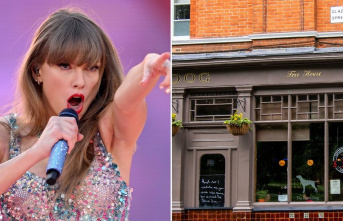I remember the times when politicians were capable of saying and doing things that put their popularity at risk. I will say three names that are part of the world before: González, Pujol and Maragall. The three – who ruled for many years – were able to make some decisions that were criticized by some of their voters. I am talking about three leaders who did not confuse citizenship with a fan club, although all three aroused enthusiastic adherence. It is not nostalgia, it is the reminder of a virtue that has been lost. Today, not a day goes by that this or that politician withdraws from a commitment because the polls or the networks indicate that this step will cause headaches. In Catalonia, the procés has intensified this trend, especially in the pro-independence camp: some only have one compass when it comes to acting and it is –almost always– not to be branded as “traitors”.
Junts per Catalunya, which signed a broad agreement to reform the Language Policy Law, to deal intelligently with the ruling of the TSJC that requires the implementation of 25% Spanish in all educational centers, has definitively dropped this consensus . The pact, signed on March 24 by ERC, PSC, comuns and the Puigdemont formation, had two advantages: it responded with sensible criteria to judicial intrusion and made visible an indispensable civil unity in a country matter. Former Minister Irene Rigau, who has played a key role in drafting the reform, has explained the meaning of this strategy.
When the photo of the agreement was published, the leaders of Junts were corrected from Waterloo and they also received fierce criticism from some entities that present themselves as the only spokespersons for "the educational community", a concept that one day we will have to debate. Today, when Junts is already an artifact led –de facto– by Borràs and Turull, fear and aesthetics have weighed more than responsibility and the word given. It is the fear of being unpopular and of being described as enemies of the country. It is the aesthetics of gesticulation at the service of bases that one never wants to contradict.
It would be good news if the ERC, PSC and the commons –which have enough votes to do so– approved the reform as soon as possible.
4












